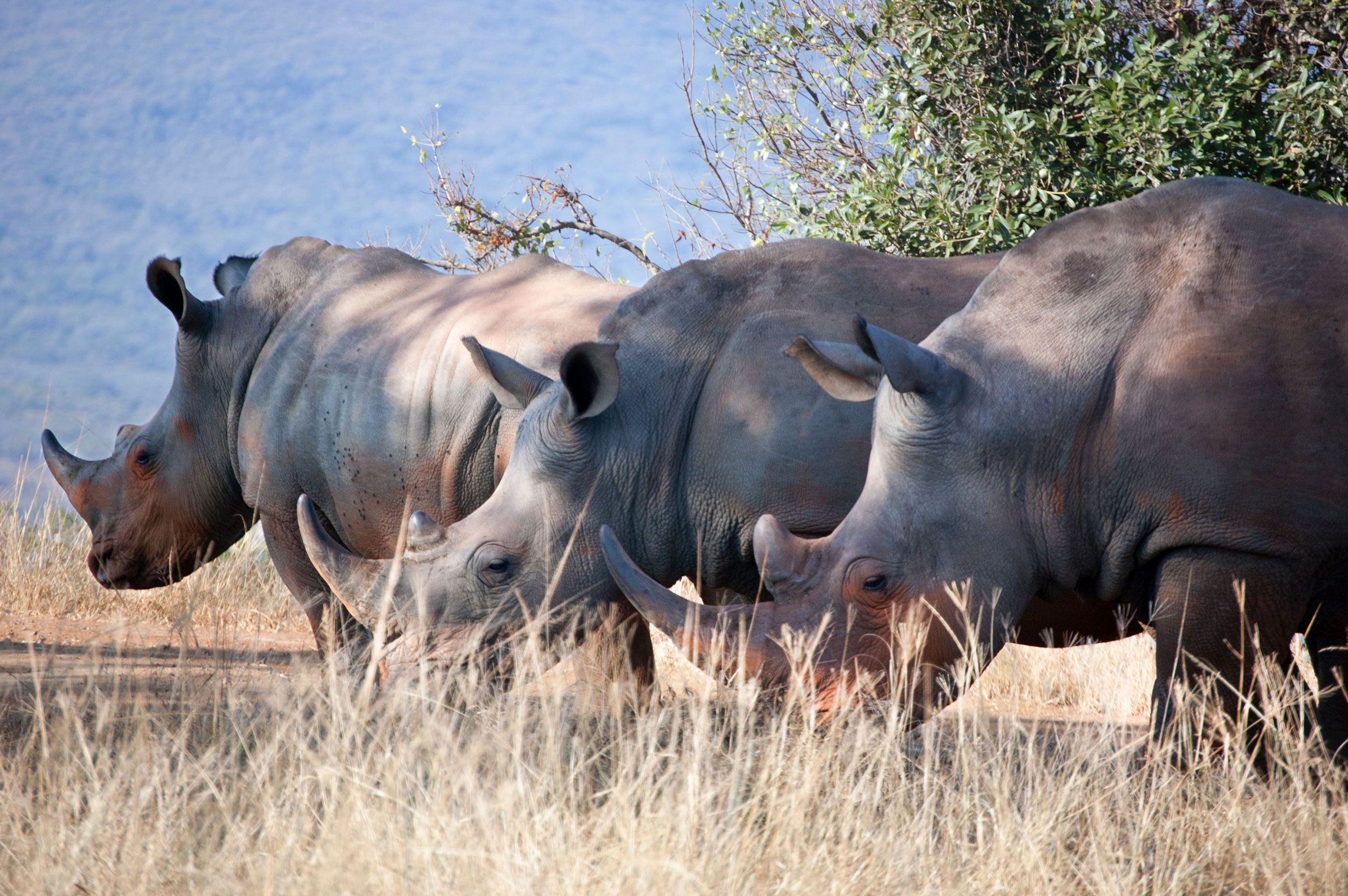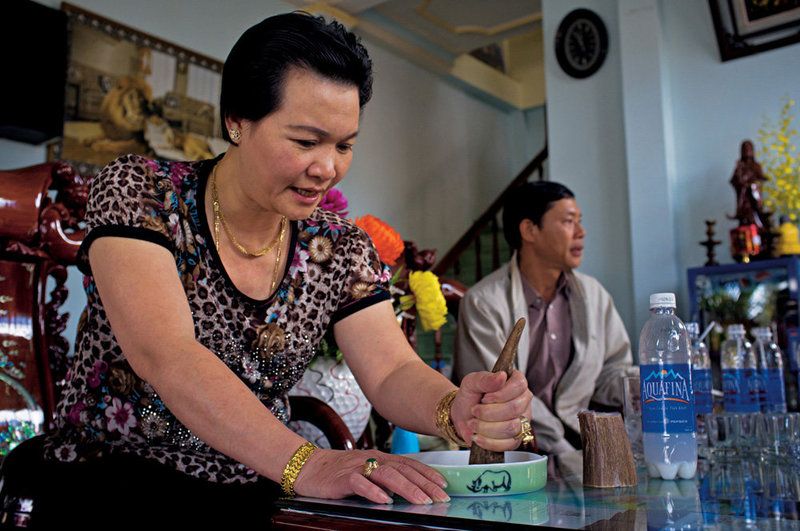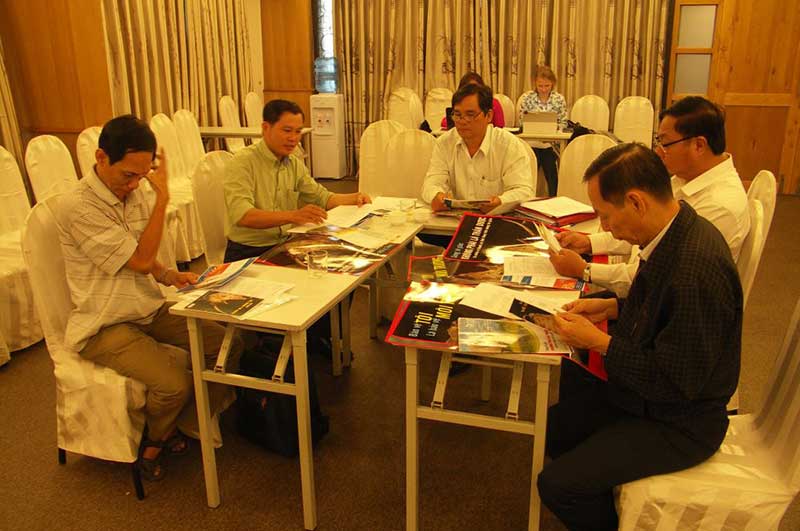Rhino horn use in Vietnam

Funding for this project has now finished
Generating insights to reduce demand for rhino horn in Vietnam
Illegal trade in wildlife products poses a significant threat to biodiversity conservation. The wildlife trade finances violence, contributes to destabilising national security, and hampers economic development in source countries. The trade in rhino horn is considered one of the most organised crimes. It is fuelled by growing demand in some Asian markets, especially China and Vietnam. This demand has contributed to pushing remaining wild rhino populations to the brink of extinction.
And the poaching crisis not only occurs in Africa. In March 2017, one of the rhinos in a private zoo near Paris was shot dead and its horn was cut off by poachers. This has raised new alarms across the globe.

Meanwhile, the question of whether a total ban or a tightly regulated trade is the most effective means of regulation is heatedly debated. However, no study has explicitly examined consumers’ preferences and trade-offs for these two options. Moreover, despite the urgency of understanding the drivers of demand the relative importance of the attributes of consumer’s choice to purchase rhino horn remains unclear.
The solution
With PTES support, Dang Vu Hoai Nam and his team will examine these questions to generate insights to reduce demand for rhino horn in Vietnam. They will use state-of-the-art research methods to study consumers. This is through a combination of the Theory of Planned Behavior and Choice Experiments.

The study is designed in part by building on their previous work. This includes information both from confessed and intended rhino horn consumers. They interview people who do use rhino horn and those who would consider using it, and Nam is gathering crucial information that will be used to design campaigns aimed at changing consumers’ behaviour.
It will also help to inform policies needed to reduce demand for rhino horn in Vietnam and elsewhere in Asia. Understanding what drives Asian culture and consumerism in relation to wildlife products is a really valuable step in reducing demand. We’re hoping that attitudes will change so that our valuable wildlife can be saved.
Thank you to all our donors who helped us fund this work. You can help us support more projects like this with a donation today:
